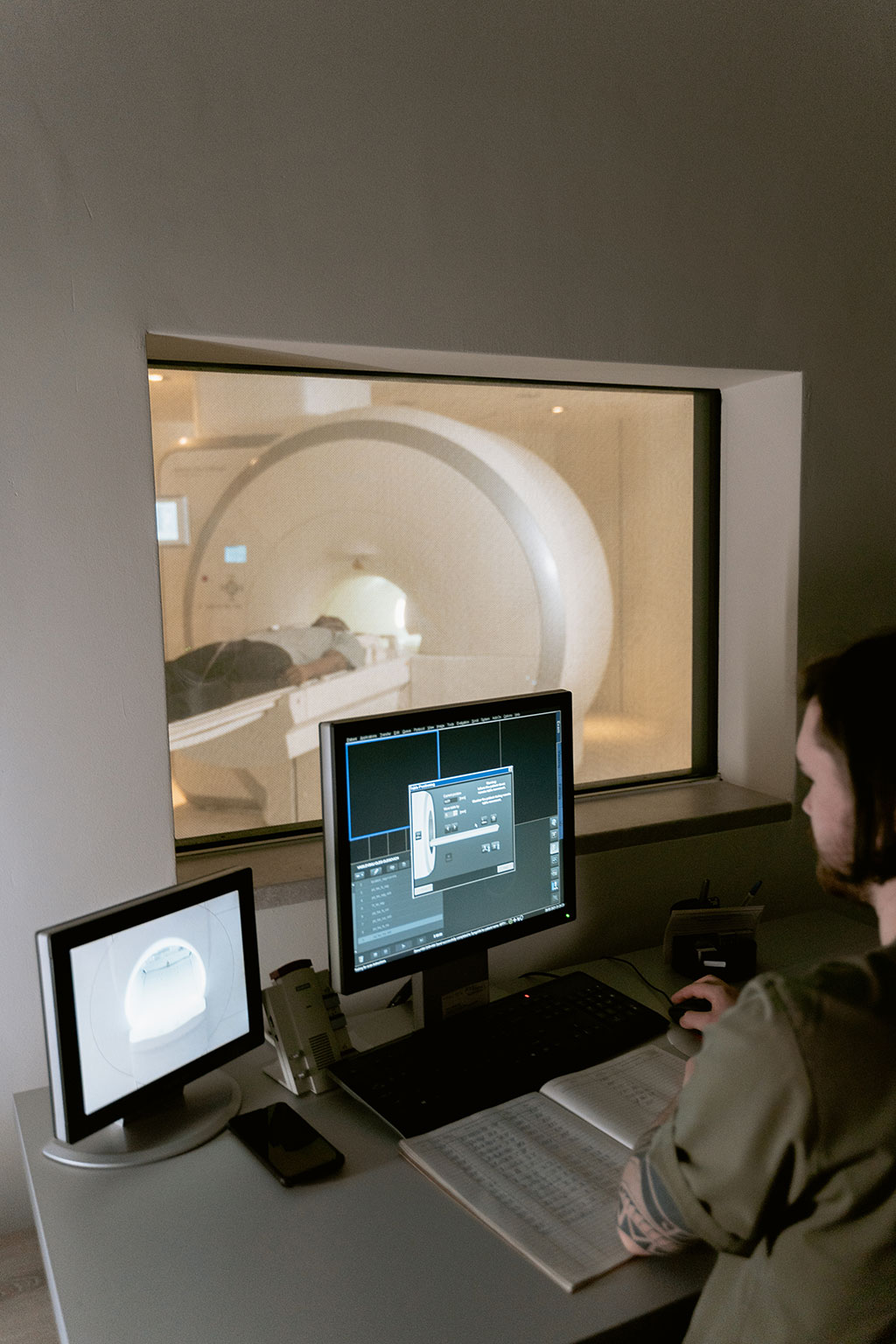Dual Source CT Scanners Can Expedite Treatment in Emergency Settings
Posted on 09 Mar 2023
A new study has found that dual source CT (DSCT) scanners can eliminate the requirement for beta blockers to regulate heart rates during coronary CTA exams, consequently decreasing the time taken to complete the scans, which is particularly important for chest pain patients in emergency settings
In the study, researchers at Yonsei University (Seoul, South Korea) studied 509 patients who reported to the emergency department with complaint of acute onset chest pain. The patients underwent coronary CTA exams using either a 64-detector single source CT (SSCT) scanner with heart rate control (oral beta-blocker administration) or using a third generation DSCT (after its installation in April of 2021) without HR control. The researchers compared the patients to understand how the change in scanners affected their length of stay (LOS) in the emergency department, CT completion time and diagnostic quality of the exams.

There was no noticeable difference in the patients’ LOS, although there was a significant reduction in CT completion times from 117 minutes on SSCT scanners to 95 minutes using DSCT. The researchers attributed this to the absence of interventions for controlling the heart rates of the patients. Importantly, the reduction in completion time had no impact on the diagnostic quality of the exams. The DSCT group demonstrated higher frequency of exams with good-to-excellent quality (87.8% vs. 60.0%) and lower frequency of scans with non-diagnostic quality. Based on the findings, the researchers have suggested that shorter completion times from using DSCT scanners could expedite treatment for patients who are in urgent need of treatment.
“The findings indicate the potential role of a DSCT scanner with high temporal resolution to help expedite clinical processes in the emergency department setting,” stated the researchers, adding that although several factors can affect LOS and completion times, DSCT still remains a good option in emergency settings.
Related Links:
Yonsei University














